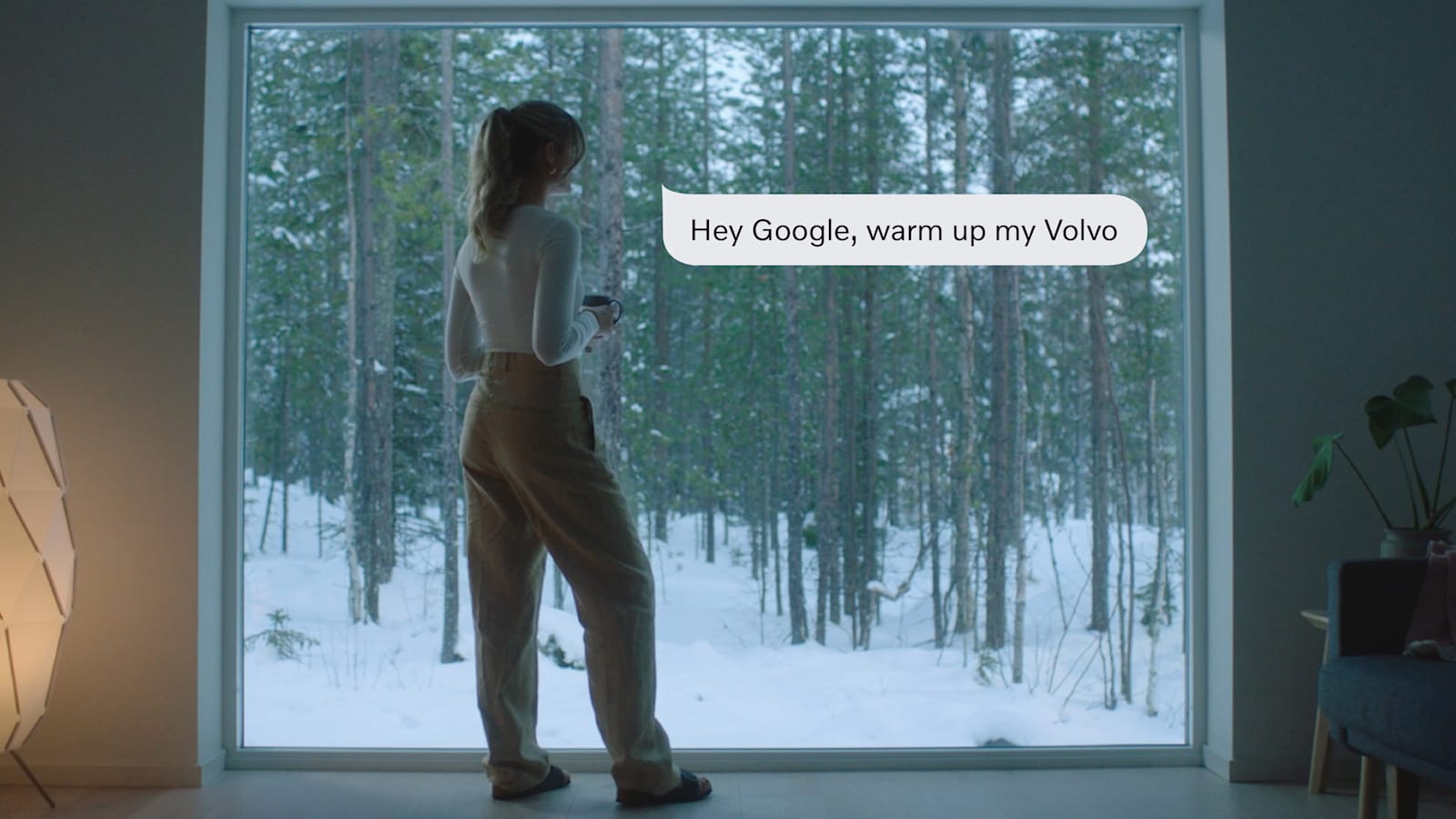Volvo just made some technology announcements at this year’s CES. We learned more about the company’s autonomy efforts, and soon Volvo’s infotainment system is getting some notable updates.
We start with autonomy and the system Volvo calls ‘Ride Pilot’. Volvo says it is working with Zenseact and Luminar, the autonomous driving software company, to bring more autonomy to its future vehicles. Today, it announced that the “Ride Pilot” system that will eventually emerge from this partnership will first be offered to customers in California before rolling out in other regions. Volvo limits initial use to California, saying that “the climate, traffic conditions and regulatory environment provide a favorable environment for the introduction of autonomous driving.”
The system takes full control of the vehicle when it is on. That means the driver can do whatever they want, not just reading, writing or working, says Volvo.
“The name ‘Ride Pilot’ implies what the driver can expect: when the car is driving alone, Volvo Cars takes responsibility for driving and offers the driver comfort and peace of mind,” explains Volvo.
It will be available as an additional subscription service for an all-electric SUV to be unveiled later this year. How much it will cost per month or per year is still a mystery, but you cannot factor that into the standard purchase price of the vehicle. This EV will be equipped with five radars, eight cameras and sixteen ultrasonic sensors.
Testing of the aforementioned autonomy system will take place in California in the middle of this year, and it is already underway in Sweden and across Europe. Only when Volvo says it has been verified for use on highways will this feature be available to subscribe to. Volvo does not provide an estimate of the year for the first rollout.

Google and Android Automotive Update
Volvo cars with the Google-based Android Automotive infotainment system will soon integrate with the Google Home ecosystem and devices with Google Assistant. This should give you more options to control your car with any Google Assistant device in your home. You could theoretically set a charging schedule (for an EV or PHEV), lock your doors or start the car via voice commands — for more sensitive commands like unlocking the car, Volvo says it requires two-factor authentication. In addition, Volvo says it will soon add the YouTube app to its cars so that people can easily watch YouTube on the infotainment screen. This should prove useful/entertaining when charging your electric Volvo. Volvo specifically states that video playback is not possible while the vehicle is in motion.
Finally, new Volvo cars get a hardware upgrade that comes courtesy of Qualcomm. The chip company’s new Cockpit Platform chip will power Volvo’s infotainment systems of the future, and Volvo claims the upgrade will result in a system twice as fast as it is today. Plus, especially when it comes to graphical screen functions, the system will be 10 times faster.
Related video:
